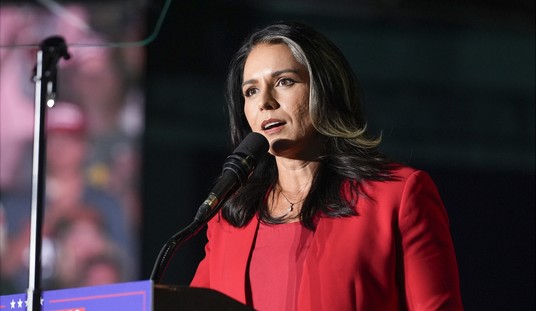As the new Congress convenes, lawmakers will have a full slate of issues to address. From tackling immigration to boosting the U.S. economy, the new GOP House majority, led by Speaker Mike Johnson, boasts a clear mandate to enact change. Among the many urgent priorities, one issue that is both time-sensitive and non-partisan should not get lost in the shuffle: protecting college sports by establishing a federal standard for Name, Image, and Likeness (NIL).
Since the groundbreaking decision to allow student-athletes to profit from their NIL, college sports have entered a new era – one brimming with potential but also fraught with challenges. The absence of a unified federal approach to NIL has resulted in a patchwork of state laws, creating a maze of conflicting regulations that’s nearly impossible for student-athletes, schools, and athletic programs to navigate.
With each state pursuing its own NIL policy, students find themselves in an uneven playing field, subject to rules that vary widely based on where they go to school. This disparity has cast a shadow over college sports. Most notably, it undermines the values of fairness and equal opportunity that we hold dear in education and athletics alike.
A recent muti-billion-dollar settlement in the House v. NCAA case also underscores that, without federal standards, the landscape will remain mired in lawsuits and ongoing uncertainty. Meanwhile, athletic departments and institutions will continue struggling to catch up with this ever-changing environment.
Beyond this regulatory chaos lies another immediate threat: the possibility that student-athletes could be classified as employees. Such a drastic change would fundamentally change the college sports model, transforming campuses from places of learning into workplaces. The implications would reach far beyond the field, putting future opportunities at risk and threatening the very essence of college athletics.
Recommended
The heart of college sports has always been more than just competition. It also represents hard work, commitment, and community spirit, as student-athletes balance rigorous training schedules with their studies. It’s a defining aspect of the American educational experience that offers young people a path to higher education. Upending this balance between academics and athletics could endanger the values college sports are meant to uphold.
The current state-by-state NIL approach is unworkable, and the looming threat of employment status has placed college sports on a precipice of chaos. Only Congress, by enacting a federal NIL standard, can bring clarity and consistency to a system that has become needlessly complicated. A national standard would ensure all athletes are treated equally, without losing sight of the educational mission of our institutions.
If Congress fails to act, the effects will be widespread and irreversible. The lack of a national framework risks a future filled with costly legal battles, new agency rules, dwindling athletic programs, and lost opportunities for young people who have poured their dreams and hard work into their sport. Many non-revenue-generating sports, including women’s sports and Olympic feeder programs, would likely face cuts as schools struggle to keep up with costly and conflicting regulations. For hundreds of thousands of young athletes, these programs are not only a source of pride but a pathway to advancement and professional development – a path that Congress can help preserve.
Through the leadership of Speaker Mike Johnson, the House has the opportunity to come together to enact comprehensive NIL reform that protects student-athletes and preserves the integrity of college sports. A variety of draft legislation, congressional hearings, and public statements have been issued on NIL; but the time has now come for lawmakers to fulfill their promises to student-athletes. This is not a partisan issue but a foundational question about the future of college athletics and the values it represents.
College sports are an integral part of American culture, a celebration of talent, and a source of pride for schools, towns, and families across the country. What better way to commence the 119th Congress than by protecting this cherished institution and providing a clear path forward for the next generation of student-athletes?
Mitch Lyons is a former NFL tight end and former college athlete at Michigan State University.
























Join the conversation as a VIP Member